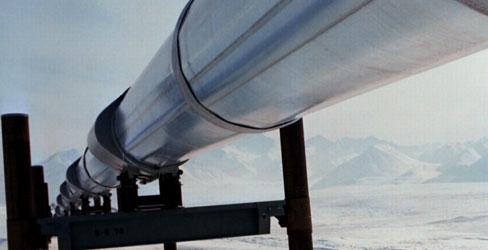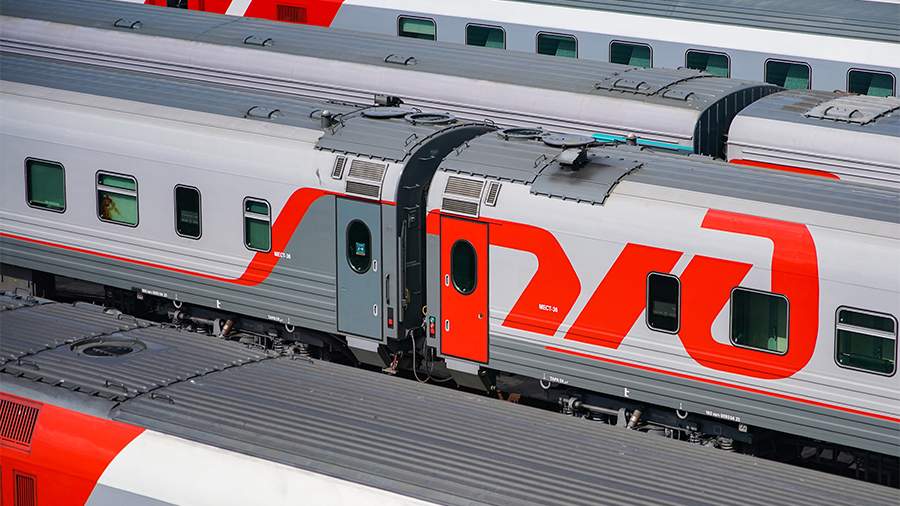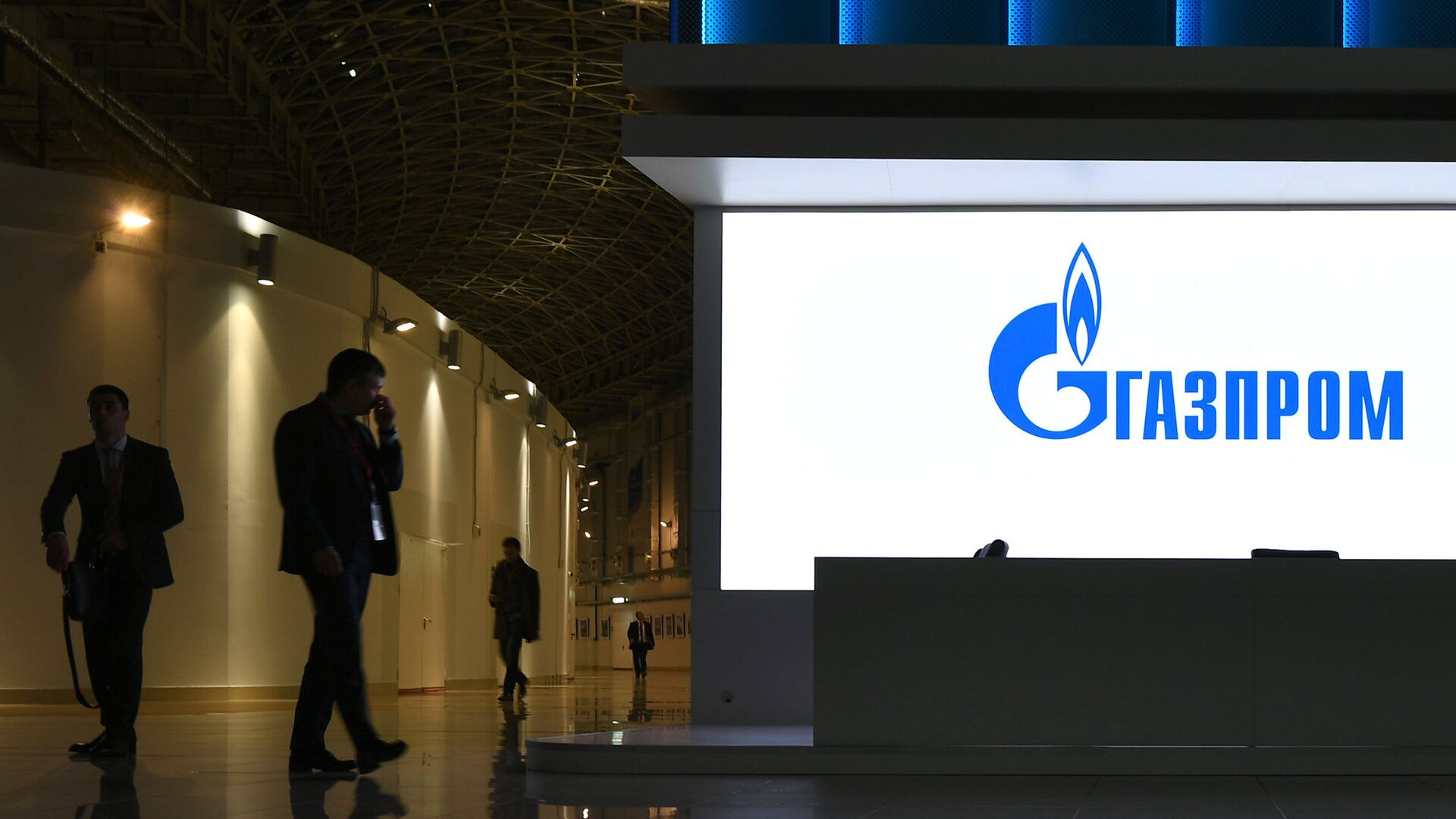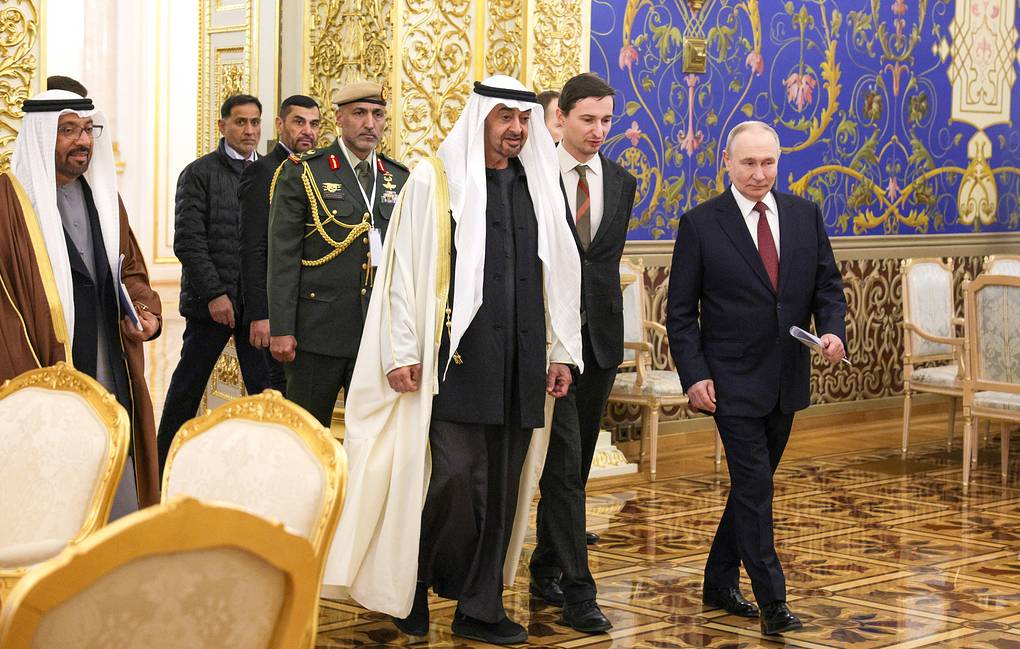
Putin Raises the Stakes in his Black Sea Gas Gamble
Putin Raises the Stakes in his Black Sea Gas Gamble
On May 16 while Moscow was captivated by the spectacle of the "Eurovision" song contest, Prime Minister Vladimir Putin escaped to Sochi to devote himself to gas politics. Italian Prime Minister Silvio Berlusconi was his first guest, followed by the ceremony marking the signing of deals between Gazprom and its counterparts from Bulgaria, Greece and Serbia on constructing the South Stream gas pipeline. He then met with Turkish Prime Minister Recep Tayyip Erdogan. Putin usually excels at this high-level networking, but this time tensions existed even with his close ally Berlusconi.
Gazprom and ENI cannot finalize the South Stream deal as the Italians, perhaps assuming that the Russian side is becoming desperate, are demanding a greater share of gas for their own trading in South-Eastern Europe (www.gazeta.ru, May 15). Turkey expects serious concessions for granting permission to build South Stream across its exclusive economic zone in the Black Sea, and wants to add another trunk to the Blue Stream pipeline in order to become an exporter to Europe and not just a transit state (www.lenta.ru, May 18). The tactical goals of Russian maneuvering are clear – to eclipse the Nabucco pipeline project, which has been advanced by the rather incoherent efforts of the European Commission and to deny it any Caspian sources of gas – but the strategic rationale still remains shaky (Kommersant-Vlast, May 18).
Gazprom cannot count on expanding its exports to the EU, which is firmly set on stabilizing its energy consumption and introducing alternative sources. Consequently, there will be no inflow of new profits to cover the construction costs of the South Stream project. These costs are estimated at 19-24 billion Euros, while Gazprom’s CEO Aleksei Miller suggest a far smaller figure of $8.6 billion, presumably referring to the underwater section crossing the Black Sea (Vremya Novostei, May 18). The main surprise, however, was the joint Gazprom-ENI decision to double the capacity of the pipeline from 31 to 63 billion cubic meters (RBC Daily, Kommersant, May 18). In essence, this means that Ukraine stands to lose about half of its transit of Russian gas, and Moscow has clearly indicated that it will not join the EU-Ukraine agreement on modernizing its gas infrastructure (RIA-Novosti, May 18).
This ambitious plan for diversifying the channels of exporting gas to Europe and consolidating control over the potential sources of gas, particularly in the Caspian area, requires investments that appear unrealistic in times of tight credit. Gazprom’s balance sheet now appears so depleted – mostly due to the 40 percent drop in export to Europe in the first quarter – that the decision to cut its dividends by more than seven times came as no surprise (RBC Daily, May 19). The company can certainly rely on the state to finance its "strategic" projects, but by the time of disbursing the funds for South Stream’s construction in 2011, the reserves accumulated by the Central Bank might be exhausted.
This perspective looks more likely, since every week brings more worrisome news about the scale of the economic recession in Russia, now deepening beyond the lower end of the reluctantly revised official forecasts. The latest GDP figures show a decline of 9.5 percent in the first quarter, compared with the same period in 2008 (the previous estimate was 5-6 percent) but it also marks a 23.2 percent decline compared with the previous quarter (Nezavisimaya Gazeta, May 18). Despite the gradual rise in oil prices, industry registers the greatest contraction, reaching 16.9 percent in April against the same month in 2008 (Kommersant, May 19). This freefall astonishes many experts, who use the relative stability on the stock market to exacerbate tensions between several economic teams within the government -where only the Minister of Economic Development Elvira Nabiullina, is prepared to contemplate the prospect of an 8 percent decline in GDP in 2009 and zero growth next year (www.newsru.com, May 19).
The main focus of the anti-crisis policy is still set on softening the social costs of the industrial catastrophe, and sheltering from bankruptcy the hopelessly inefficient state corporations. As a result, the crisis is not fulfilling its purpose of clearing the economic deadwood, and provides few stimuli for innovative business activity. It is the energy sector that is expected to resume its natural role of rent-provider and thus set Russia back on track to petro-prosperity. Meanwhile, Western consideration of alternative sources and "green" technologies is perceived as wishful thinking or an anti-Russian conspiracy. Hence, the priority is given to energy projects, which makes little economic sense in the current depressed market.
For Putin, this is irrelevant, as he is firmly asserting his central role in decision-making on gas matters and going into every detail in talks with Berlusconi, Erdogan, or with Norwegian Prime Minister Jens Stoltenberg (Kommersant, May 20). Medvedev is left with a ceremonial role and finds consolation in designing grand initiatives, like a new conceptual approach to energy security that is supposed to replace the Energy Charter -unlikely to feature in the discussions at the Russia-EU summit in Khabarovsk on May 20. Last week, Putin casually delivered a particularly stinging warning that both members of the "tandem leadership" will make decisions about their political future by assessing the results of their joint work, but that he knew Medvedev is a "very decent man" who will always do the right thing (RIA-Novosti, May 19).
More than anything else, this attitude reveals that the two co-rulers and their intertwined courts are out of touch with the reality of the unfolding crisis: they both want to avoid facing the political implications of the gloomy macro-economic statistics. Everything in the political system of Putinism was in perfect harmony – huge oil revenues with internal stability, and a corrupt bureaucracy with an assertive foreign policy – and now nothing works, and a dose of "liberalism" administered from the Kremlin is no cure. The recent spectacular explosion of a gas pipeline in Moscow was just one malfunctioning of the old Soviet infrastructure, which might prove an apt metaphor for the regime.


